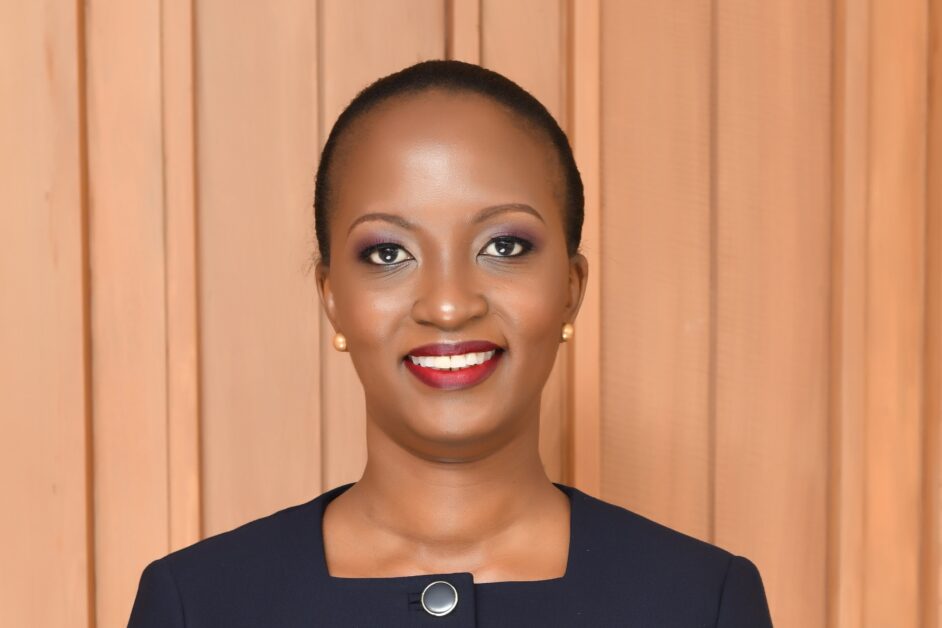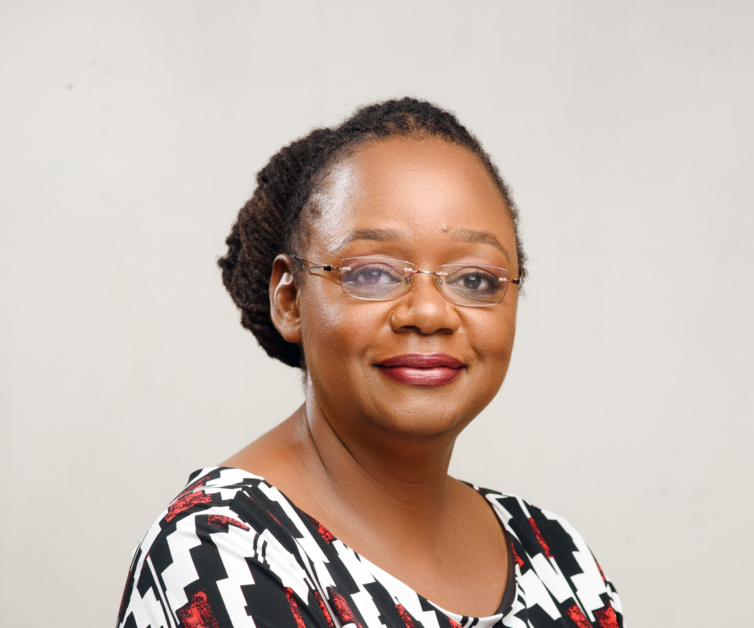In a world facing multiple crises, from climate change to conflict and economic strife, achieving gender equality is more critical than ever. Ensuring that women and girls are empowered to claim their rights in all aspects of their lives is key to ensuring their wellbeing, and a world in which they contribute to better, more prosperous economies.
This International Women’s Day, rallying behind the theme, Inspiring Inclusion, Standard Chartered Bank Uganda reflects on the importance of promoting inclusion and how empowering women can help them rise to their full potential⏤ women like Martha Awor, Prudence Byarugaba and Associate Professor Dorothy Okello.
Martha’s experience of losing her job and savings during the COVID-19 pandemic led her to venture into a private business, selling farm produce, in Odokomit, Lira City in Northern Uganda. But, like many women in Uganda, Martha had no experience running a business, and struggled to even understand basic concepts like saving to grow her capital and expand her business.
Her turning point came when she heard about a new global initiative, Youth in Agri-business that provides business owners with a range of business support services, including business development skills, savings and linkage to markets, to help tackle inequality. Implemented by Cordaid, the Youth in Agri-business global initiative is part of Standard Chartered’s Future-makers, a global youth economic empowerment initiative, tackling inequality and promoting greater economic inclusion.
Through Youth in Agri-business, Martha received financial literacy training that has enabled her to grow her business beyond her expectations.
“With limited stock and cash flow, I was worried about the sustainability of my business. Future makers helped me access much-needed working capital to expand my business and now my future is bright and I feel included in key decisions regarding my future,” Martha recalls.
Being the best place to bank, work and building prosperous communities,
Martha, Prudence and Dorothy are the face of Standard Chartered’s efforts to promote diversity, equity and inclusion. Organised under three aspirational focus areas: Best Place to Bank, Best Place to Work and Prosperous Communities, the bank’s Diversity and Inclusion strategy is a statement of commitment to employees, clients and communities.
But for the bank to effectively reach people like Martha, the work had to start internally.
Charity, as they say, begins at home.
“We need to offer equal opportunities irrespective of one’s gender. We need to create an inclusive environment for females, through mentorship, sponsorship and role modelling,” ~ Prudence Byarugaba

This has been the case for Prudence Byarugaba, the Bank’s Country Chief Risk Officer and Country Head of Operational Risk, whose career journey at Standard Chartered Uganda is a reflection of the bank’s efforts to accelerate senior leadership representation and build an inclusive culture.
Having worked for over 20 years at Standard Chartered, Prudence has a wealth of experience in risk management and governance and has risen through the ranks to her current position, supported by the bank’s Diversity & Inclusion strategy.
“I have been given a fair opportunity to contribute, and then been appropriately recognised and allowed to grow. Women role models who have gone before me inspired and nurtured my ambition in the organisation,” she narrates.
In turn, Prudence has taken the lead in sponsoring the Wellbeing Pillar of the bank’s Diversity and Inclusion agenda in Uganda, which includes promoting financial literacy for staff and the community.
She has also helped create products that meet clients’ needs while advancing the goals of the bank.
“We analyse and understand our customers’ needs and preferences, and then leverage our strengths to align and meet those needs. One of Standard Chartered Bank’s strategic stands is Lifting Participation where we promote equitable access to financial support for women and small businesses by building partnerships to expand the reach and scale of financial services, and purposefully connecting Small and Medium Enterprises to international markets,” Prudence explains.
From her position as Independent Non-Executive Director, Associate Professor Dorothy Okello is also leaning into Standard Chartered’s equity and inclusion drive, to pursue opportunities to drive financial inclusion.
“Over 57% of our staff are female; 41% of them are in management positions. I am privileged to be one of three female board members of the bank. The fact that women are now more present, and our board is chaired by a woman is a testament of the inclusion agenda of the Bank,” she says.
Inclusion: Prioritising and accelerating women’s access to technology and digital literacy
Being on the board has put Dorothy in a position to influence inclusion and gender equality action beyond the bank.
“In my other role as a Dean School of Engineering at Makerere University, I engage with students who are seeking financial literacy before they get ready to go out into the world to start earning a living. I work with colleagues at the bank to train and upskill students to attain financial inclusion in the economic decisions that are made,” she explains.
But there is still a lot more to achieve.

“When women are connected and are active participants in the digital society, we propel a generation forward and create a more diverse and richer digital world.” ~ Associate Professor Dorothy Okello
According to the Global Findex Report, while around 250 million more women in developing countries have some form of financial access, 750 million more are still excluded from the mainstream economy. In Uganda, while progress has been made toward financial inclusion, a considerable proportion (34%) of the population remains financially excluded, according to the National Financial Inclusion Strategy 2023-2028.
For Standard Chartered, this gap presents opportunities to do even more.
“The rise of digital technologies has allowed us to build a more connected world. But unfortunately, women have been disproportionately excluded from shaping that world, especially in low-income countries like Uganda. We must prioritise women’s access to technology and accelerate digital literacy. When women are connected and are active participants in the digital society, we propel a generation forward and create a more diverse and richer digital world,” Dorothy says.
Prudence agrees, “We need to offer equal opportunities irrespective of one’s gender. We need to create an inclusive environment for females, through mentorship, sponsorship and role modelling,” she concludes.
